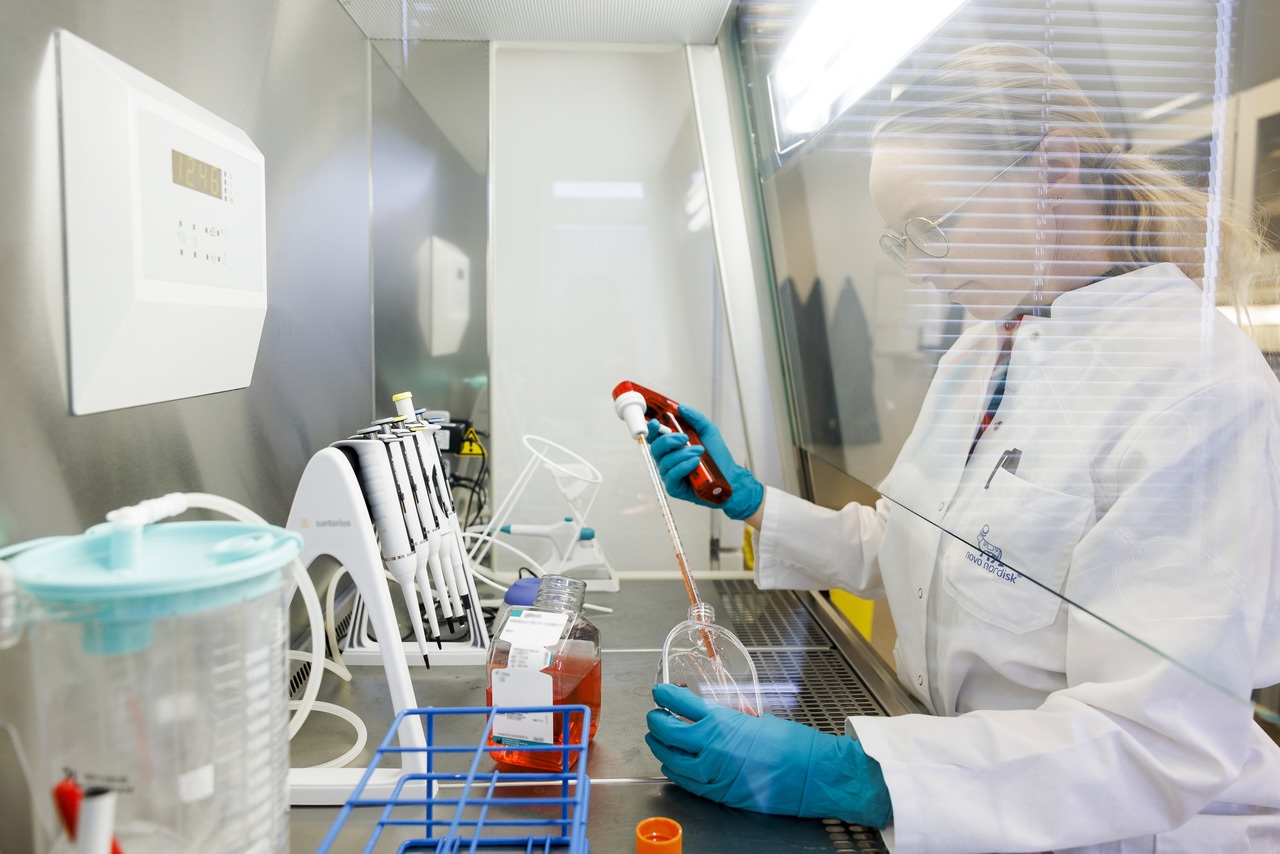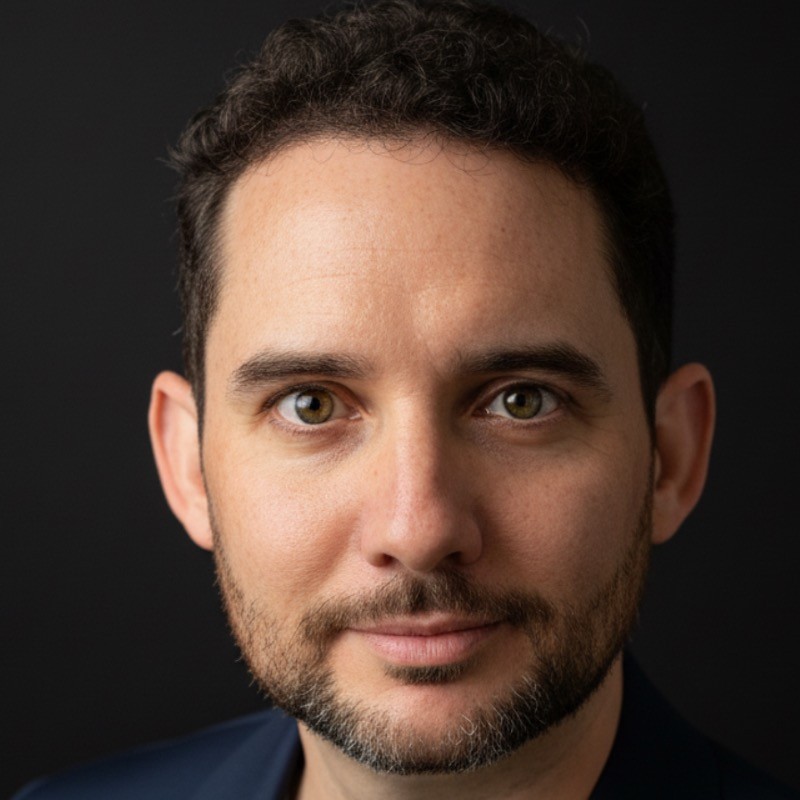

The so-called “behavioural” weight loss market continues to struggle in the shadow of the “medical” weight loss boom, with Weight Waters (aka WW International) filing for bankruptcy in the US overnight as part of its results.
WW International reported a series of regrettable results in the US overnight, amid a US$1.1 billion dollar mountain of debt, but added that it’s not calling time on its business just yet.
Rather than file for Chapter 11 and walk away, WW International says it’s entered bankruptcy to slim down its balance sheet. The company said in its results overnight that it is “engaged in substantive discussions with an ad hoc group of its lenders and noteholders” to “significantly” reduce those debt obligations. As a result, it isn’t about to provide guidance for full-year results.
The company recently realised that if it couldn’t beat the GLP-1 industry, it would join it. It started offering members access to GLP-1 medications for weight loss in a bid to stave off bankruptcy and continue operations, but it was too little, too late.
Regardless of the international news, WW Australia said in a statement that it’s “here to stay” thanks to a new deal with financiers.
In a statement, it said to its members:
“We've recently reached an agreement with our key financial partners to help set us up for long-term success. This will give us greater flexibility to invest in the products, tools, and experiences you have come to rely on. Throughout this process, we will continue to offer our #1 doctor-recommended weight management care solutions—with no interruptions.”
It’s a brave statement, especially considering it’s going through hardships of its own. In 2024, the local business shed an untold number of staff and ended its in-person “behavioural classes” in favour of online equivalents. The latter move drew the ire of members online.
It’s yet another casualty of the Ozempic generation as GLP-1 medications are being increasingly used off-label for weight management needs. Jenny Craig called it quits back in 2023, and many food and snack businesses have cited difficulties as a result of Ozempic’s meteoric rise.
And there’s no better word than “meteoric” to describe it, either. Novo Nordisk, the company that makes Ozempic and the frontrunner in the race to perfect GLP-1 medications now has a higher valuation than the GDP of the country it’s in - Denmark. Novo Nordisk has a valuation of around $600 billion thanks to Ozempic and WeGovy, while Denmark has a GDP of around $450 billion annually.
It makes Denmark the latest member of an exclusive club: nations hosting companies more valuable than themselves. Saudi Arabia has AramCo and Ireland has Apple, for example.
Other companies are working to create and market their own GLP-1 competitors, with the results of trials making or breaking their quarterly or even yearly earnings statements. Pfizer had a tricky 2023 after it discontinued a GLP-1 trial due to side effects, for example. Those who have made it to market are currently experiencing the sort of hype train that early Novo Nordisk investors experienced, including Eli Lilly and Viking Therapeutics. We’re still awaiting new test phase data from the likes of Astra Zeneca, AmGen and Roche.